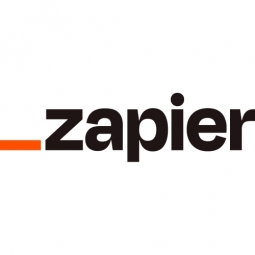Automating eCommerce Transactions: A Case Study of Blue is the Land
- Application Infrastructure & Middleware - Database Management & Storage
- Infrastructure as a Service (IaaS) - Cloud Databases
- Cities & Municipalities
- Equipment & Machinery
- Procurement
- Sales & Marketing
- Last Mile Delivery
Blue is the Land, an eCommerce business founded by Derek Howles, faced a significant challenge in managing its sales records across multiple channels. The company, which sells neighborhood maps, operates on various platforms such as Shopify, Etsy, and Fancy. While these multiple sales channels increased revenue, they also complicated recordkeeping as transaction information was scattered across different systems. It was crucial for the company to ensure that orders and customer information were consistently funneled through the fulfillment pipeline. The challenge was to create a centralized database that could consolidate each transaction from every channel in a convenient and efficient manner.
Blue is the Land is an eCommerce business that sells neighborhood maps. The company was officially launched in late-2013 by founder and designer Derek Howles, who has a deep fascination with cities and their neighborhoods. The company operates across multiple sales channels, including Shopify, Etsy, and Fancy. Blue is the Land has a diverse range of 30 different neighborhood maps and continues to expand its product line. The company is committed to ensuring a consistent and efficient fulfillment pipeline for its orders and customer information across all its sales platforms.
To address the challenge, Derek built a database in Google Sheets, consolidating each transaction from every sales channel in one convenient spreadsheet. He used Zapier, an app automation tool, to pull this information from ShipStation, an eCommerce order management platform where Blue is the Land's orders were imported for shipping and fulfillment. With a simple Zap, a bridge between two or more apps, Derek connected ShipStation's data to recordkeeping in Google Sheets, creating a database that populates itself. Additionally, Derek also used Zapier to build email lists in MailChimp from his customer data in ShipStation. He added an extra step to this particular Zap, using Filter by Zapier to find specific customers, enabling Blue is the Land to send customized, targeted emails for particular groups.
Related Case Studies.











